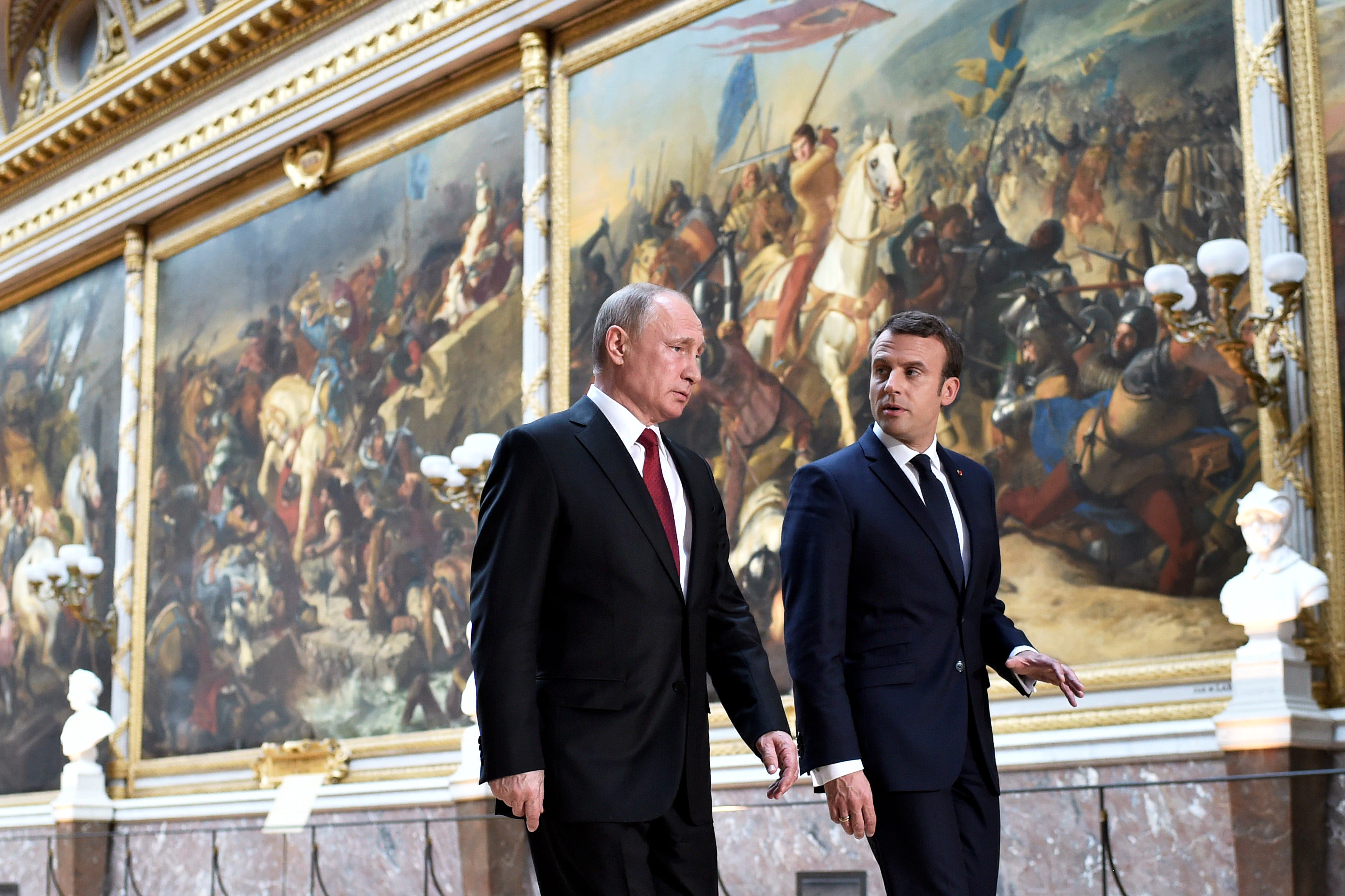
By John Irish
PARIS (Reuters) – France said on Thursday it saw a chance to break the stalemate in Syria’s war as Russia now seemed to accept there could be no military solution and preconditions set by some opponents of President Bashar al-Assad had been dropped.
The election of President Emmanuel Macron has provided an opening for Paris to re-examine its Syria policy, with the view that the previous government’s stance that Assad must step down was too intransigent and an obstacle to peacemaking.
Macron last week reversed France’s stance on the future of Assad, saying he saw no legitimate successor at this time and the priority was to prevent Syria becoming a failed state. The United States has also backed away this year from an insistence on Assad’s departure to allow a political solution.
Assad has held on with Russian and Iranian military support in a six-year war with rebels and Islamist militants that has killed hundreds of thousands and displaced millions.
New Foreign Minister Jean-Yves Le Drian has been pushing for closer dialogue with Moscow as Paris also seeks to use the lack of clear U.S. policy on Syria to give itself a greater role.
“I can’t give any details, but I think that there is a window of opportunity at the moment. Like everybody, I think the Russians are conscious that there is no military solution to the conflict,” Le Drian, who was defense minister under Macron’s predecessor Francois Hollande, said in an published interview.
“We should be able to get there with a new method that encompasses establishing robust principles that seem unquestionable, without setting rhetorical preconditions but by creating new bridges between the different actors,” he said.
Le Drian did not explain in the interview with Le Monde what those principles were or what incentives Russia would be given.
France, a supporter of the Syrian opposition until now, has demanded the conflict be resolved through a credible political transition based on U.N. Security Council resolutions negotiated between the warring parties with the United Nations in Geneva.
Le Drian, who held six hours of talks primarily on Syria with Russian officials in Moscow last week and has said the priority for France was weakening the threat from Islamic State militants, made no mention of the those resolutions or Geneva.
He called for diplomatic support from permanent members of the Security Council and regional players. A French diplomat said Paris hoped to create a small contact group that could push peace efforts forward.
French officials said part of the reason why Paris has pushed for renewed dialogue with Russia on Syria is the vacuum left by the United States, which they deem has no clear policy beyond defeating Islamic State.
“The Russians have nobody else. They have no coherent interlocutor. The Russians have nothing else to get their teeth into other than the French,” said a European diplomat.
Syria’s civil war has turned to Assad’s favor since 2015, when Russia sent its jets to help his army and allied Shi’ite militias backed by Iran turned back rebels and won new ground.
But the conflict is far from over, with rebels holding swathes of Syria, especially in the northwest and southeast, and Islamic State controlling other areas in the north and east.
(Reporting by John Irish; editing by Mark Heinrich)











